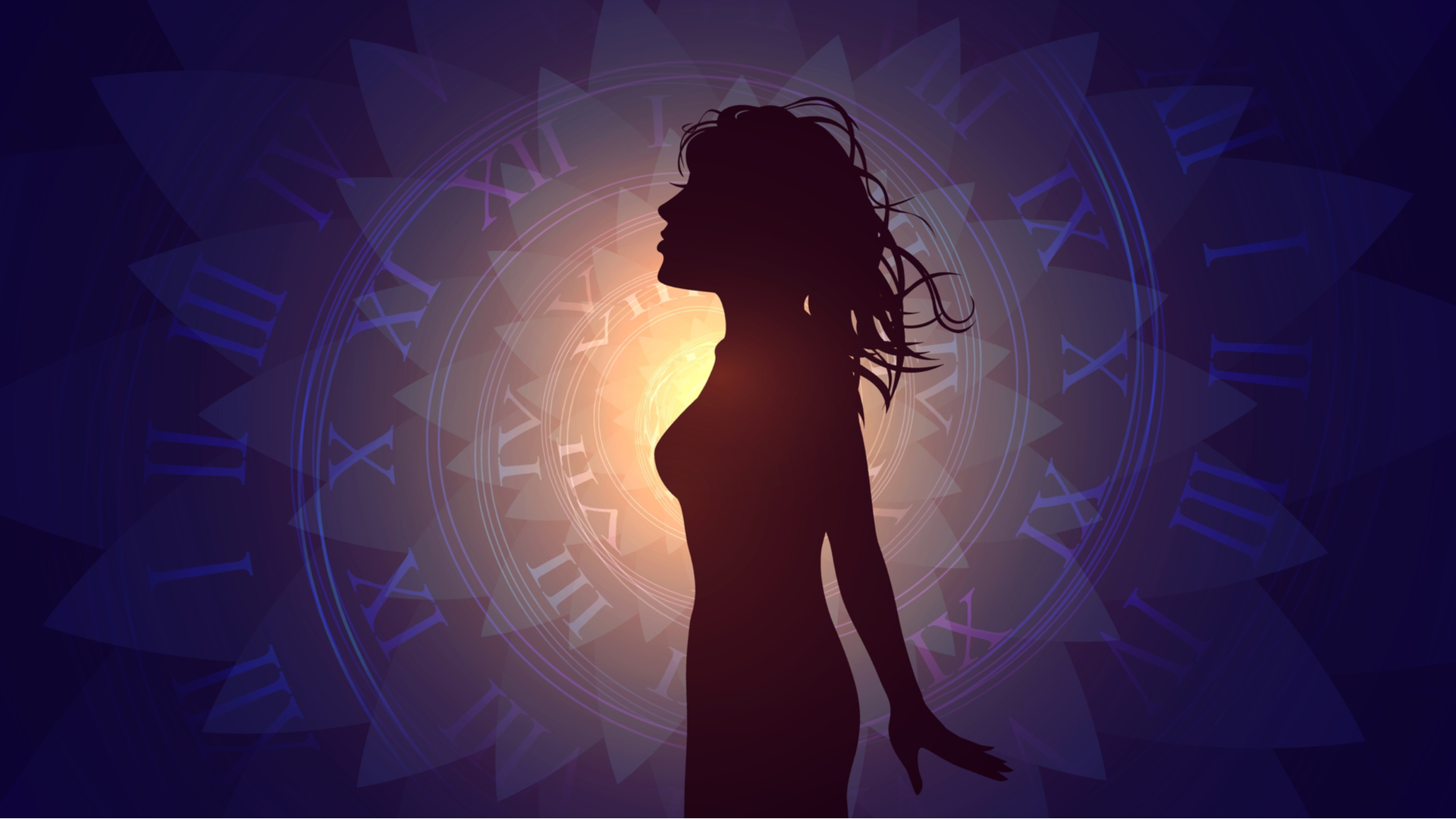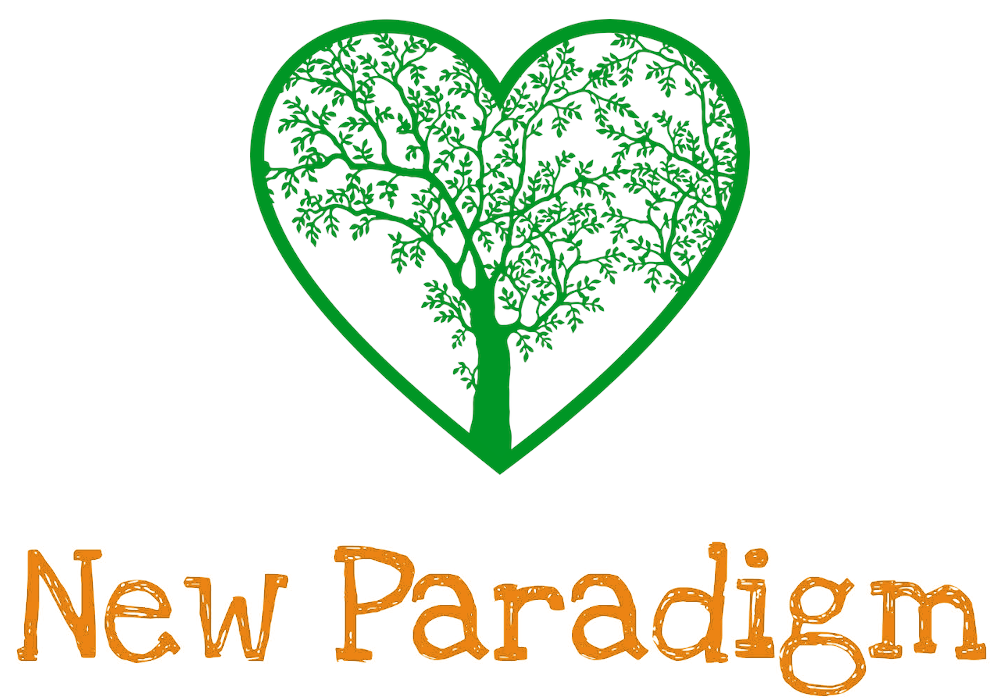
The evolution of human consciousness is a process that is unfolding before our very eyes, of that there can be no doubt. But is there a starting point to this process, a moment that can be likened to the dawning of a new day? And if so, when exactly is that moment? When is the hour, day, or even year that we can point to and say, “That’s when it all began”?
Unfortunately, if you ask a dozen people to point to when the New Age officially starts you’re bound to get a dozen different answers. Some say that the New Age began as far back as several hundred years. Others contend that it is still a few hundred years away, not due to start until the twenty fifth century or so. And then there are those who firmly believe that we are experiencing the transition at this very moment, that the upheaval and chaos around us are tell-tale signs that we have crossed the threshold and have begun our journey into a New Paradigm of human consciousness. With so many differing opinions, even among those who agree on the notion that we actually are entering a New Age, is it even possible to determine when the old age comes to an end, and when the New Age truly begins?
Astrology vs Astronomy
One of the main reasons for the debate on when the age of Aquarius officially begins is the fact that astronomy and astrology do not always see eye to eye. In astrological terms, each zodiacal age fits neatly into a period of about 2,150 years. Unfortunately, in astronomical terms this is not always the case, given that the constellations are of varying shapes and sizes. This can easily be seen when you consider that it takes the sun five days to pass through the constellation of Scorpio, whereas it takes a full 38 days to pass through the constellation of Taurus. Therefore, when it comes to determining when one age ends and another one starts, astronomy can often throw things out of kilter.
As if the astronomical discrepancies weren’t enough of a headache, another significant debate hinges on what celestial event should be used to signify the changing of an age. The position of the sun on the vernal equinox is considered by many to be the true measure for determining the current astrological age. Others, however, ignore the sun, choosing instead to measure the changing of the age on events such as planetary alignments. The recent conjunction of Saturn and Jupiter on December 21, 2020, is one such example. As this conjunction occurred within the sign of Aquarius, many saw this as the true beginning of the New Age.
While this may seem like a random choice, it could be seen as a more spiritual metric, one that hearkens back to the celestial event that guided the wise men to Bethlehem in the Christian tradition. Seeing as one of the symbols of the Christian faith is the fish, then the ‘star of Bethlehem’ could be seen as the moment that heralded in the age of Pisces. Although these events occurred within the prescribed period of 2,150 years of each other (based on commonly accepted timelines), they are still certainly close enough to be considered effective markers. After all, who’s to say that the signal has to actually occur on day one?
The Relativity of Time
The idea that there should be a solid moment marking the end of one age and the beginning of the next may seem reasonable at first, but once you consider the arbitrary nature of time, such a notion suddenly becomes virtually unrealistic. After all, how can humanity be expected to enter a new age together when it doesn’t even enter a new day all at once? What is morning for some is the afternoon or even later for others. At the other end of the spectrum there are many who are still in the dying phases of the previous day, meaning that time is indeed relative depending on where you are.
Needless to say, this phenomenon is due to the fact that our planet is round, and as a result our perception of time is impacted by our location. However, the relative nature of time isn’t limited to the unfolding of a new day, it is expressed in the unfolding of a new year as well. While many cultures celebrate New Year’s Day on January 1st, others celebrate it on completely different days. Not only that, but what is 2021 for many is actually 4719, or even 5782 for countless others. If humanity can’t experience the same day or year all at once, how can it be expected to experience something as huge as the changing of an age at the same exact time?
The simple answer is that it can’t. This is why there are so many answers to the question as to when the New Age actually starts. Just as a new day or a new year starts at different times for different people, so too, the New Age will unfold in the very same way. This is where it’s less a matter of science and more a matter of conscience. The New Age is a time of change, a transformation from the Old Paradigm to the New. And while many are already undergoing that change, others are only now just waking up, seeing the light for the very first time. Unfortunately, many others are still under the influence of the darkness of night, still holding fast to the ways of the Old Paradigm, unwilling or unable to cross over into the New day.
In the end, it’s not up to the sun or the stars to determine when humanity makes the shift from the Old Paradigm to the New. Instead, it’s up to each and every individual person to decide when that transition unfolds. After all, is it ever too soon to begin living a life defined by compassion-driven values and a cruelty-free lifestyle? Should we continue embracing control-driven values and a culture of cruelty simply because the sun hasn’t made its way to the right constellation yet?
Or should we heed Nature’s call and bring the New Paradigm into being regardless of what the calendar says? The New Age begins when we start living a New lifestyle, therefore, we can choose to celebrate the dawning of the New Age whenever we want. Besides, all that truly matters is that human consciousness continues to evolve, moving forward into the New Paradigm. When that process begins isn’t nearly as important as how quickly it unfolds.
